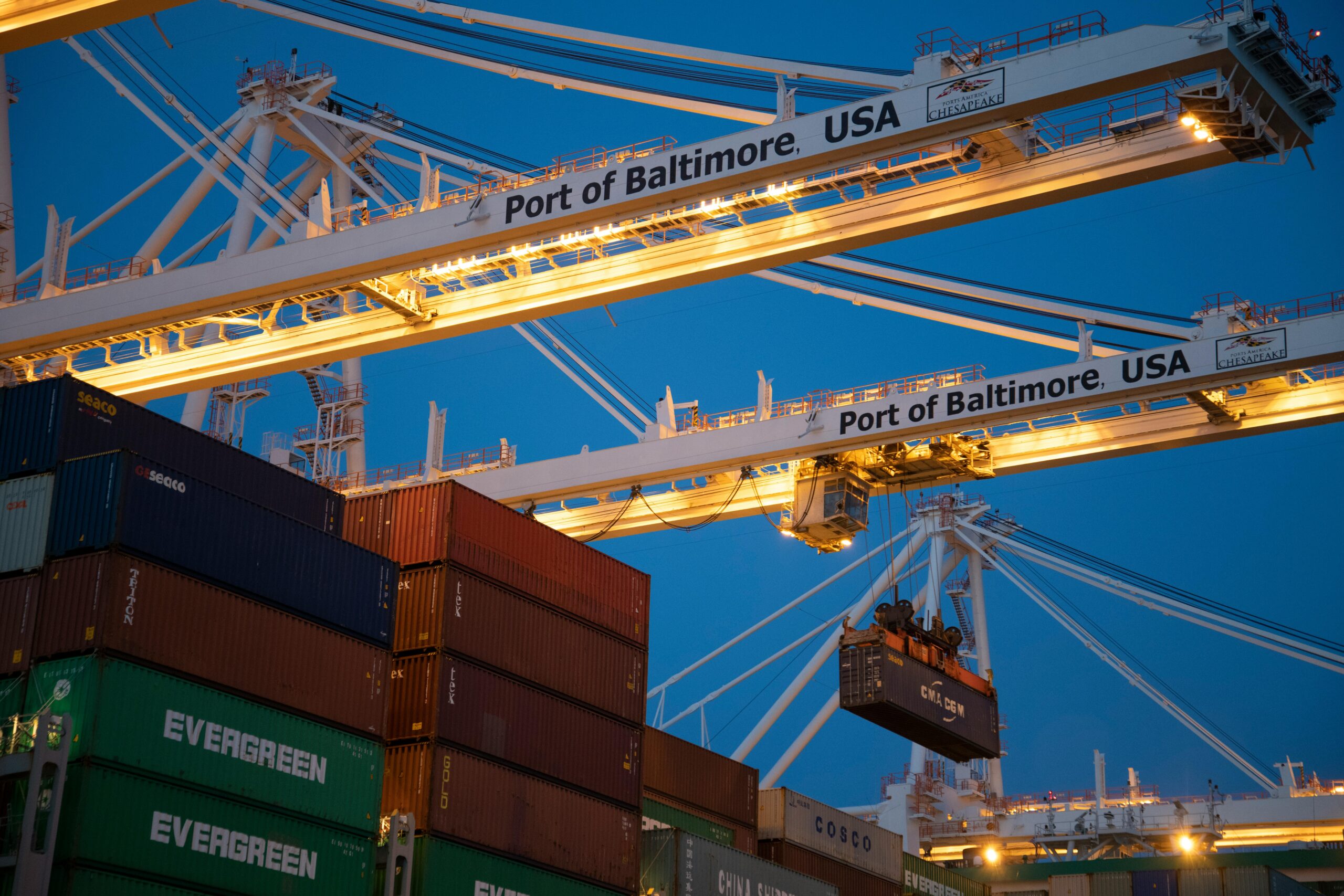Cybersecurity attacks on manufacturers’ systems, equipment, and technology are trending up — and more likely today than ever, ransomware is the culprit. Is your food and beverage company at risk?
According to Statista, manufacturing experienced the greatest percentage of cyberattacks among top industries globally in 2023 .
A breach often occurs after criminals access your system through social engineering. Usually the purpose is to perpetrate financial fraud. For instance, attackers might spoof a phishing email, instructing the recipient to update payment account information. Guess where your funds now go?
What is Ransomware, and How Does It Impact Food & Beverage Manufacturers?
Before, cybercriminals “only” encrypted your data until you paid their ransom. Now, not only do they hold data for ransom — they threaten to sell or publish information extracted from the network if a company refuses to pay.
Manufacturing businesses that fall prey to ransomware can be attacked multiple times. Adversaries who breach your system sell other cybercriminals information about how they got in. The risk isn’t only data theft and access to information but the criminals’ ability to create back doors into your environment.
Operational Technology and Manufacturing Cybersecurity
The food and beverage industry has undergone significant digital transformation, adopting automation and smart manufacturing processes to enhance product quality, increase production efficiency, and streamline delivery to consumers. This increased connectivity on the plant floor also introduces new risks, however, especially concerning operational technology (OT) security. Bad actors no longer have to encrypt your data to hold it for ransom; they can launch a denial-of-service attack that shuts down your operations. And if you’re running old technology, your OT is potentially even more vulnerable than your IT.
For the food and beverage sector, where manufacturers operate with low tolerable downtimes, this vulnerability is especially concerning. To mitigate risks, organizations should prioritize robust business continuity plans . Regular testing of the plan ensures that operations can continue seamlessly even in the face of a cyberattack.
Why Are Ransomware Attacks on Manufacturers Rising?
Ransomware attacks take organizations down for more than three weeks on average. With just-in-time contracts and facilities running at more than 100% capacity, lost production time can’t be made up, especially for food and beverage manufacturers who typically run with a low tolerance for downtime.
And that, often coupled with legacy systems, is why patching known vulnerabilities falls behind. According to Ivanti, 76% of recent attacks have exploited a known vulnerability.
Additionally, IT and cybersecurity spend tends to track toward compliance, and because manufacturing historically lacks regulatory and compliance requirements for cybersecurity, most manufacturers lag in their cyber investments.
Prioritizing Manufacturing Cybersecurity
Too many manufacturers are failing to take the steps needed to prevent a cyberattack, including major disruption caused by ransomware. Do you know where the threats and vulnerabilities lie in your organization? Risk assessments and penetration testing are two types of verification that can uncover gaps before cybercriminals expose them for you.
The cost of prevention is far less than the costs of recovery after a breach and the costs of lost production. Don’t put your food and beverage business’s ability to operate at risk. Treat cybersecurity as a holistic business concern. Learn what you might be missing by discussing cybersecurity with your IT leadership team; start the conversation today.
Author’s contact info:

Jessica Whitman, Principal, Cybersecurity

About Plante Moran
Plante Moran is among the nation’s largest audit, tax, consulting, and wealth management firms and provides a full line of services to organizations in the following industries: manufacturing and distribution, financial services, service, healthcare, private equity, public sector, real estate, construction, and energy. Plante Moran has a staff of more than 3500 professionals throughout the United States with international offices in Shanghai, China; Mumbai, India; Tokyo, Japan; and Monterrey, Mexico. Plante Moran has been recognized by a number of organizations, including Fortune magazine, as one of the country’s best places to work. For more information, visit plantemoran.com.











